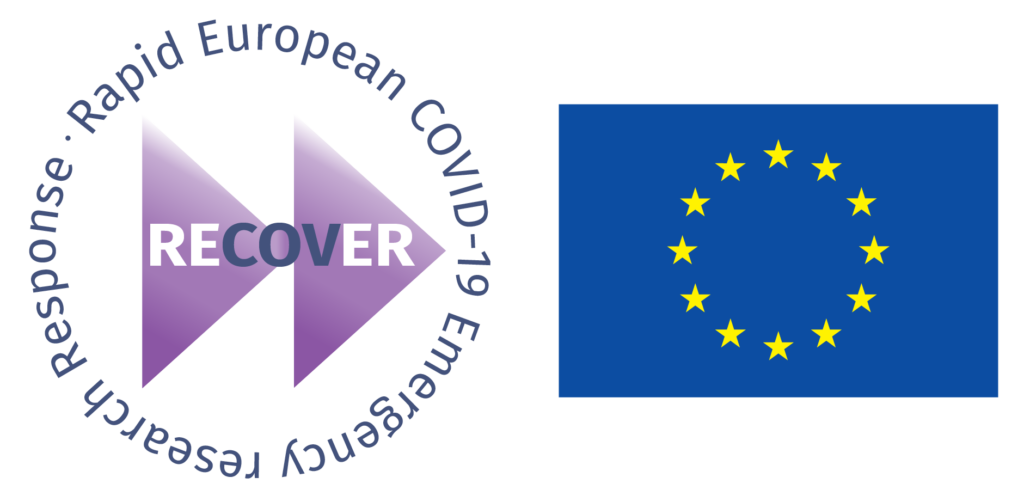PRESS RELEASE: Ecraid intensifies efforts against monkeypox
Ecraid augments its response to the expanding monkeypox outbreak in Europe. These preparations are proportionate to the current perceived risk of this infection for European citizens. Ecraid is now operating in outbreak response mode 3 (response) for adults, and in outbreak response mode 2 (mobilisation) for children, the third and second of three response modes.

